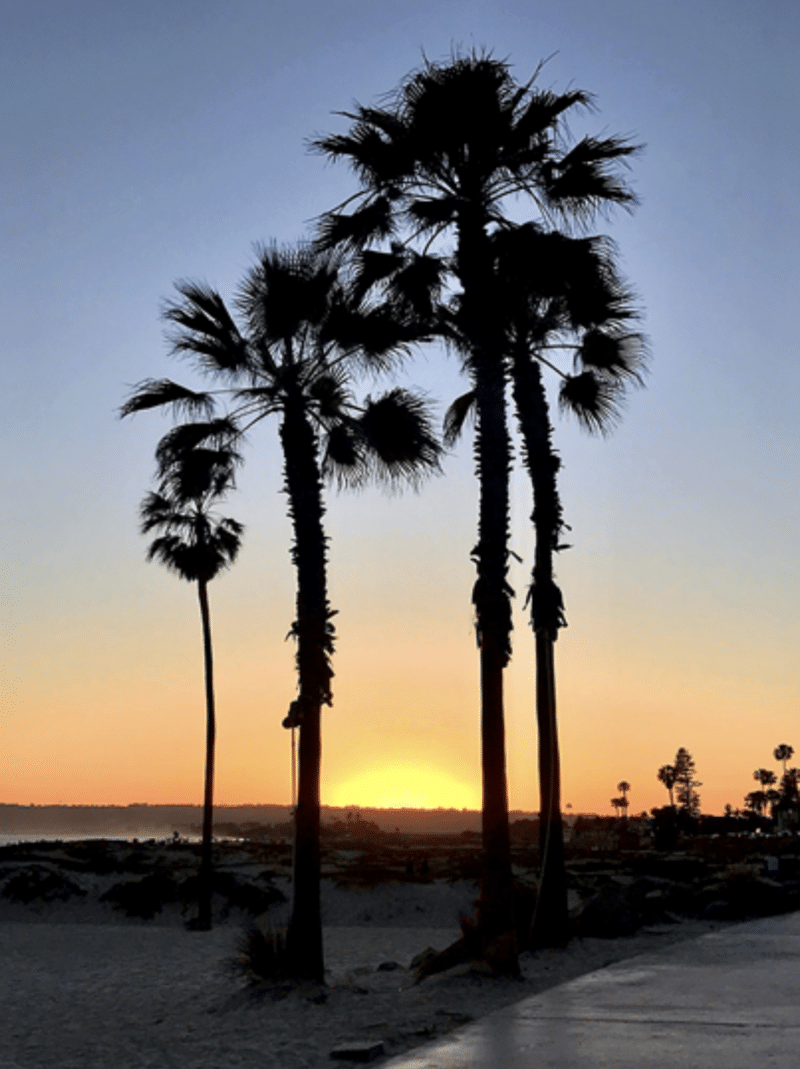The question of my life.
While I have spent years thinking about life in the world with my laptop open before me, this past year has been one in which I have given more focused attention to that work. When we returned from Regent College, moving from Vancouver back to our home in Virginia— and entering back into the longer loves of our life, the deeper vocation of our life —I chose to take up the writing of a book.
In the simplest terms, it is about the proximate, an idea I have been wrestling with for years now.
How can we make peace with the proximate? With an honest justice that is not complete justice? With a happy marriage that is not a perfect marriage? We can play that out as far as we can imagine, but it is that perplexity that has brought the book into being. How can we choose for something that is real and true and right, when in our heart of hearts we want everything to be real and true and right? In other writing I have done, there has always been a question that gave birth to the book, something that kept running its way through my mind that I wanted to understand, that I needed to answer with honesty and hope.
Though I have been pondering the proximate for a long time, when I returned from ten days in Central Europe most of two years ago now, that was what I thought most about. The invitation had come from a group of courageous, gifted and serous people: “Will you speak to us about the challenge of vocation for the common good, now 30 years after the Velvet Revolution?” For a people who had longed for the demise of totalitarianism in its Nazi and communist faces, suffering as they had for generations, they had lived into the post-communist years since 1989 with the reality of “the proximate,” of some freedom and some justice and some truth— but not all freedom, not all justice, not all truth. The tyrants had only changed their names and addresses, but 30 years later still ruled the roost, economically, politically and socially.
But as unique as their experience is— and in reality it is —it is a universal experience. All of us, sons of Adam and daughters of Eve the world over, have to make peace with the proximate— to choose for something, knowing that we will not get everything in the now-but-not-yet world that we are called to know and to love.
One of the chapters I have titled, “The Question of My Life,” and have bookended the argument and analysis with two films, “Cold Mountain” and “Calvary.” Both stories have richly-imagined characters, both stories are dramatically-told, and both stories end with murder. Without tipping my hand too much, I have contrasted the two narratives, examining the why and wherefore of the murders. Though both are terrible, as murders must be, the first is horribly meaningless; while the second is born of a grace that is as weighty as can be, and therefore surprisingly meaningful. Between the beginning and end of the chapter I have wrestled with “the question of my life”: do we have a telos that is sufficient to meaningfully orient our praxis over the course of life?
The two words that are unusual are “telos“ and “praxis,” of course. The one is about the point, the end, as in, “What is life all about, anyway?” The other is about the way we live, the habits of heart that make us “us,” “How do we live our lives?” And the question of my life is about the coherence between the two. Does the way we live life look like what we say is the point of life?
At my best I only live into this question, sometimes seeing more, sometimes understanding more, but always through a glass darkly— and that is the best I do.
But because it is the best I do, getting the telos right matters. Where are we going? Where am I going? What is life all about? What is my life all about? Only if we see the end with enough clarity — a clarity that is sufficient —can we make peace with the proximate. For most of us, the weight of the world too often feels overwhelming because our longings and loves yearn for more than what is possible in this frail world, more than what we will see and hear in these shadowlands.
The challenge is to keep our hearts alive— to keep on keeping on with gladness and singleness of heart —knowing that something is always better than nothing.

On our bikes from morning to night, finally we saw the end of the day coming… the sunset in Coronado, California.





